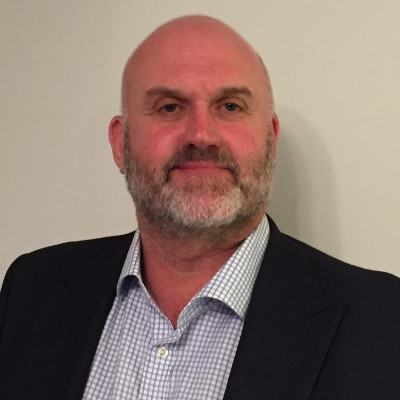How to make government more productive to protect public services when budgets are tight

Download here Unit4’s research.
Governments around the world are tightening spending plans as global economic growth remains slow. From Canada to New Zealand, finance ministries are restricting spending on new projects, examining existing plans and looking to make savings on day-to-day spending.
For many civil servants around the world, this will be an unfamiliar exercise. Some governments avoided the need to make substantial savings following the 2008 financial crisis – while for those that did, there are few easy cuts left to be made.
This session shared insights from public services around the globe on how to plan – and implement – reductions.
It covered:
- How finance ministries can plan public spending in a way that protects public services.
- How departments can work together to reduce cost shunting and create more efficient services for all.
- The potential for early intervention programs to make long-term reductions in the demand for government services.
Panel
Christian Weise, Head of Unit, National Fiscal Frameworks and Institutions, Directorate-General for Economic and Financial Affairs, European Commission

Christian Weise is Head of Unit at the European Commission’s Directorate-General for Economic and Financial Affairs where he is responsible for the work on National Fiscal Frameworks and Institutions. He gained broad experience in economic surveillance, being Head of Unit for Portugal, Ireland and Denmark as well as managing ECFIN’s work on Latvia, Estonia, Sweden and the UK, inter alia preparing the adoption of the euro in Latvia. Previously, he has worked at the European Commission on cohesion policy and the budget as well as on national microeconomic policies to enhance competitiveness. Before joining the European Commission in 2003, he covered European economic integration at the German Institute for Economic Research (DIW Berlin). He holds a doctorate degree in economics.
Bart van Ark, Professor of Productivity Studies, Alliance Manchester Business School, University of Manchester and Managing Director of The Productivity Institute, United Kingdom

Bart van Ark is Managing Director of The Productivity Institute, a UK-wide organisation which aims to lay the foundations for an era of sustained and inclusive productivity growth by bringing together academic research, policy studies and business engagement. He is also a Professor of Productivity Studies at the Alliance Manchester Business School (AMBS) at the University of Manchester.
Bart is also a Senior Advisor of the Economy, Strategy and Finance (ESF) Center at The Conference Board, where he was Chief Economist from 2008 until 2020. He is also an honorary professor at the Faculty of Economics and Business at the University of Groningen, and a member of the Research Review Group at the International Labour Organization.
Mark Gibbison, VP Global Public Sector, Unit4

Mark Gibbison is the Global Head of Public Sector for Unit4 and is responsible for setting the go to market strategy across all areas of this key vertical. He is passionate about helping public sector organisations deliver improved services at a lower cost using modern enterprise technology. He has previously held senior positions in Local Government working in IT, Corporate Policy and Performance Management as well as with technology vendors such as SAP and Objective Corporation where he was Head of UK Enterprise Sales.
Webinar chair: Siobhan Benita, Facilitator, Global Government Forum

Siobhan Benita was a senior civil servant with over 15 years’ Whitehall experience. She worked in many of the major delivery departments, including Transport, Environment, Health and Local Government. She also had senior roles at the heart of Government in the Cabinet Office and HM Treasury, including supporting the then Cabinet Secretary, Lord O’Donnell to lead work on Civil Service reform and strategy. Siobhan left the Civil Service to run as an independent candidate in the Mayor of London election. She subsequently joined her alma mater, Warwick University as Chief Strategy Officer of Warwick in London and Co-Director of the Warwick Policy Lab.












